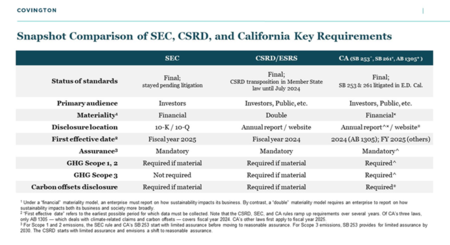Researchers at Uppsala University and Karolinska Institutet are one step closer to explaining why COVID-19 patients have a substantially increased risk of blood clots. The study, published in Nature Immunology, shows that a gene variant in the innate immune system influences the risk for blood clots in the lungs of severely ill COVID-19 patients.

Oskar Eriksson, medical doctor and researcher at Uppsala University.
Photo: Johanna Dahlqvist
It became apparent during the pandemic that patients with COVID-19 had a substantially increased risk of suffering blood clots, even when treated with blood thinners. Why COVID-19 leads to such a major activation of the blood’s coagulation system in some patients is not yet clear. Researchers have now discovered that a gene variant, which regulates the levels of the protein mannose-binding lectin in the blood, protects against blood clots in the lungs.
Mannose-binding lectin is part of the innate immune system. It discovers and eliminates cells infected by bacteria and viruses. Another recent study published in the same journal showed that mannose-binding lectin recognises the SARS-CoV-2 virus and can neutralise cells infected with the virus.
The immune system affects blood clot formation
“We can now show how mannose-binding lectin influences the course of the illness COVID-19. It is striking that it is the risk for blood clots that is impacted, and we could not see that mannose-binding lectin influences the risk of becoming ill with COVID-19. We can show that the immune system is important for blood clot formation in COVID-19 patients, something that was long suspected and that can explain why such high doses of blood thinners have been necessary,” says Oskar Eriksson, medical doctor and researcher at Uppsala University and one of the article’s main authors.

Hugo Zeberg, researcher at the Department of Neuroscience.
Photo: Andreas Andersson
“The large studies that have been presented in the last year have identified several gene variants that influence the risk of becoming severely ill from COVID-19. Our work shows that there is also a genetic background for which complications affect COVID-19 patients,” says Hugo Zeberg, medical doctor and researcher at the Department of Neuroscience at Karolinska Institutet and co-responsible for the study.
The research was funded by the Swedish Research Council, the Knut and Alice Wallenberg Foundation, the Swedish Heart Lung Foundation, the Swedish Society of Medicine, the Jeansson Foundations, and the Göran Gustafsson Foundation.
This news article is based on a press release from Uppsala University.
Publication
“Genetic Determinants of Mannose-binding Lectin Activity Predispose to Thromboembolic Complications in Critical COVID-19”. Michael Hultström, Robert Frithiof , Jonathan Grip, Linnea Lindelöf , Olav Rooijackers, Sara Pigazzini, Mari Niemi, Mattia Cordioli, Lindo Nkambule, Tomislav Maricic, Kristina Nilsson Ekdahl, Bo Nilsson, Miklós Lipcsey, Hugo Zeberg , Oskar Eriksson. Nature Immunology, online 27 May 2022, doi: 10.1038/s41590-022-01227-w.








